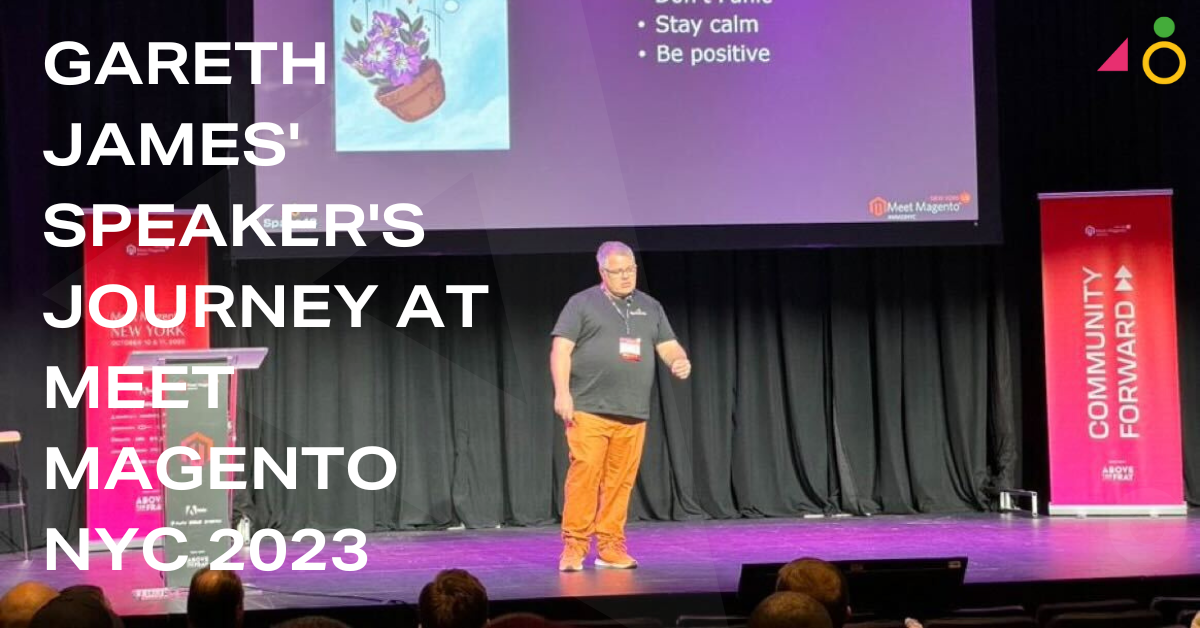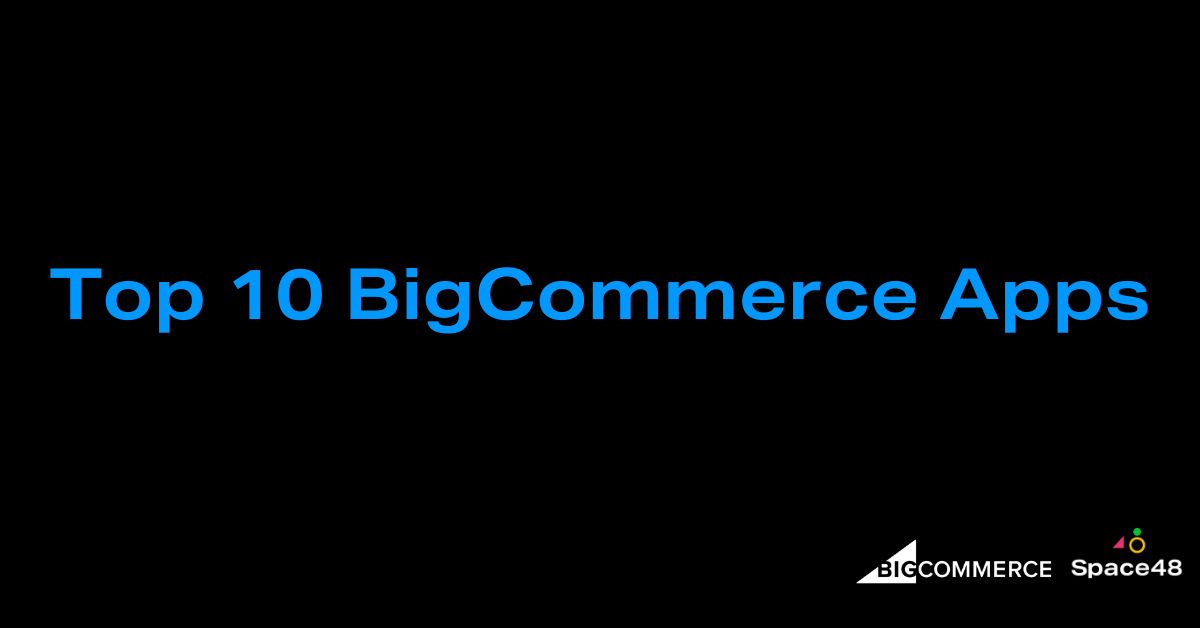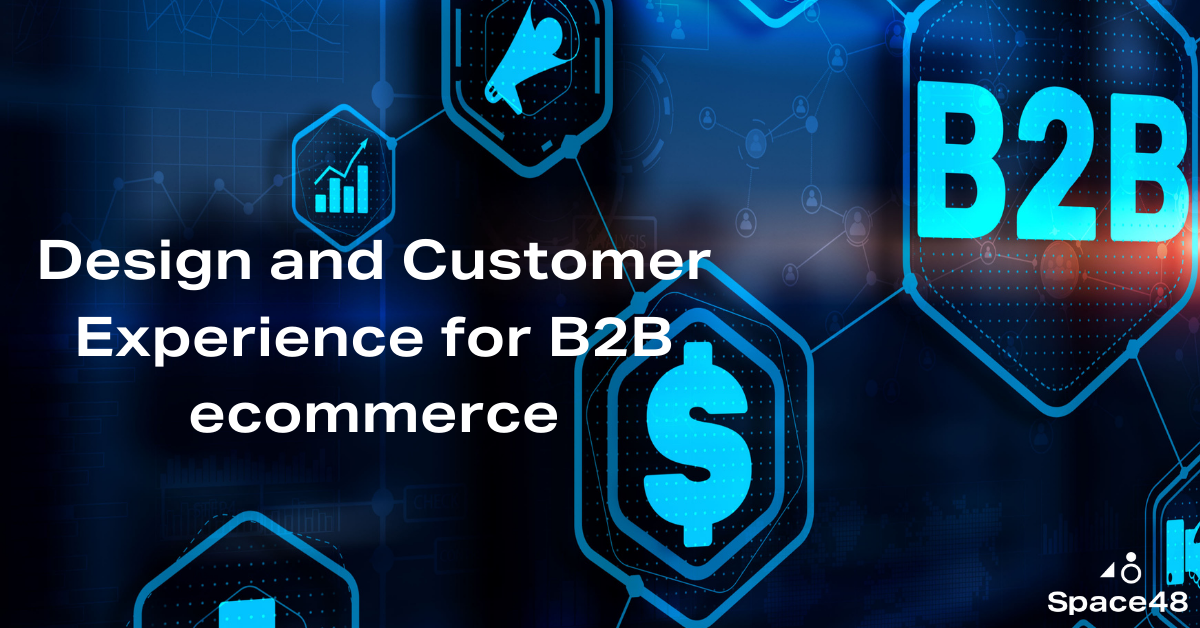
Q&A with our Head of Development
Meet Colin, our Head of Development
With the continued growth of the Space 48 team, the time was right to seek someone to support Tony (our Technical Director) with the management of development projects and the development team.
With a wealth of knowledge and extensive experience, Colin Tickle was the stand out candidate. In September, Colin joined the team; heading up the devs and bringing fresh ideas and processes.
Starting from his career history and achievements and ending on how he’s finding Space 48 life (with lots of insights in between), we’ve covered it all. Without further ado, here’s a brief introduction …

Q. What is your history, where did you start off in the industry? Did you attend a course at university, training in work, or are you self-taught?
A. I considered college briefly when the time to leave high school came. Ultimately I decided to accept an apprenticeship I had managed to secure, so I started work, age sixteen.
Q. Where have you worked before? And what sort of roles and responsibilities did you have?
A. I’ve had a very organic career path. My apprenticeship was in an advertising pre-press house, producing artwork for placement in national newspapers. Eventually, Macs overtook camera, film and bromide paper as the tools of choice. I showed an aptitude for, and was asked to take on, their server, network and desktop (Apple and PC) support. My role changed somewhat when clients started requesting work for the World Wide Web in approximately 1996. I completed a few sites and even my first dynamic site for an in-house charity auction before moving on.
My next role was as second line support at the pre-press partner of Yellow Pages. This was the first role in which I would encounter a Unix OS. After spending a few months in the role I saw the opportunity to automate repetitive support tasks in Perl and my commercial development career began. In later years I developed a bespoke system for internal workflow tracking, a large infrastructure monitoring tool and other business software.
Boohoo.com would prove to be a beneficial and interesting choice as the next step on my career ladder. Recruited into a desktop support role, I didn’t do a day of support in all my time there. I proved to be much more useful developing business reporting tools, internal systems and helping develop their website. I took on responsibility for leading the internal web team and towards the end of 2011 I was asked to create a separate e-commerce store. With a short lead-time to research options and deliver a site selling fashion accessories. Magento Community Edition was chosen for this project due to its low cost of entry, suitability for fashion retailers and a wealth of community knowledge to draw upon. The implementation was considered a success and when Boohoo wanted to expand internationally with own brand sites in native languages, Magento Enterprise was adopted. Whilst growing an internal team of developers, sites were launched across Europe, laying a solid foundation for continual growth.
Q. What was the most challenging aspect of delivering the Boohoo.com Magento platform?
A. The main considerations when developing Boohoo’s platform where scalability, reliability and extensibility. The company has a large market share in online fashion retail and has ambitions to increase this exponentially. This necessitated that all developments had to follow accepted best practice, go through rigorous testing processes and commit to challenging deadlines. The catalogue of products on sale caused some challenges with upwards of 11,000 styles at any one time. Inventory sharing across multiple independent sales channels with centralised management meant it was important to keep this constantly up to date.
Q. Obviously you now work with PHP and the Magento platform in particular, but what technologies do you have experience with?
A. I’ve worked with many and varied technology, whatever was the best toolset for the challenge I faced. Some retro ones for fun, Microsoft Windows For Workgroups and NT 4 Server, Apple PowerPCs with System 7 or Yellow Dog Linux, Solaris on Sun SPARC servers. Quark 4, Photoshop 3 (not CS), Filemaker Pro 4, Freehand 5.5. I’ve encountered all of these and many more in my career and I think every one has taught me something that comes in useful from time to time.
In terms of potentially applicable tech. I’ve worked with various Unix derivatives, developed in Perl, PHP and to a much lesser extent C++ and Java. Created reports in Qlikview. monitored infrastructure with Nagios and from time to time dabbled in shell scripting. I’m a sucker for new/edge technology and have all sorts of gadgets and PC equipment stashed around the house; mostly switched off once I’ve conquered a project or two on them. Next on my list of ‘fun’ tasks is to install Magento 2 on my Raspberry Pi 2 with PHP 7. Then I want to get it to run at an acceptable (for development purposes) speed on the limited hardware.
Q. So where does your real passion lie? Are you a full-stack developer? More process-driven? Or now enjoy the overseeing and management of development and issue handling?
A. Obviously Magento is a huge part of the answer to this. I enjoy the technical challenge of customising the platform with minimally intrusive code, identifying and implementing performance enhancements and most of all helping others to do the same. That said, I would really miss the DevOps type tasks (database tuning and querying, web server configuration etc.) if my role ever changed to completely exclude these.
In terms of the management, which underlies successful development and deployment, I try to collaboratively agree a process. A process that is prescriptive and has sufficient safeguards but doesn’t feel forced or cumbersome. I’m a huge fan of automating routine tasks and using available technologies to reduce errors in these areas.
Q. As head of development, what methods do you use to communicate with the team?
A. Where possible I prefer to communicate non-digitally for items requiring urgent input. It’s too easy to completely miss a direct email, Slack message, email triggered by Git/Jira comment etc. in the mountain of group communications which go on daily. It’s also very easy to leave topics unfinished. Digital comms have their place; communicating complex solutions for review and one-way communication to a group for reference. On the other hand, verbal interaction is impossible to miss, and often leads to a conversation which positively affects the outcome and facilitates two-way learnings.
Q. Do you encourage people to work on their strengths, or their weaknesses?
A. I try to use my knowledge to mentor on an individual and team basis, filling in any gaps that are evident. There’s a place for formal training to allow for step change and this should be supplemented with continuous mentoring and knowledge sharing. I try to lead by example, forcing myself out of my comfort zone, taking courses, achieving certifications, seeking advice from others when I need it and looking out for industry appropriate technologies or news to stimulate discussion.
Q. How are you finding your new role at Space 48?
A. It’s been a bit of a culture shock coming back to an agency but I’m loving it. Having multiple clients each with their own bespoke functionality is giving me plenty to learn and consider. There are also numerous opportunities for me to make my mark and add value to the team here and for our customers, which is ultimately what it’s all about.





